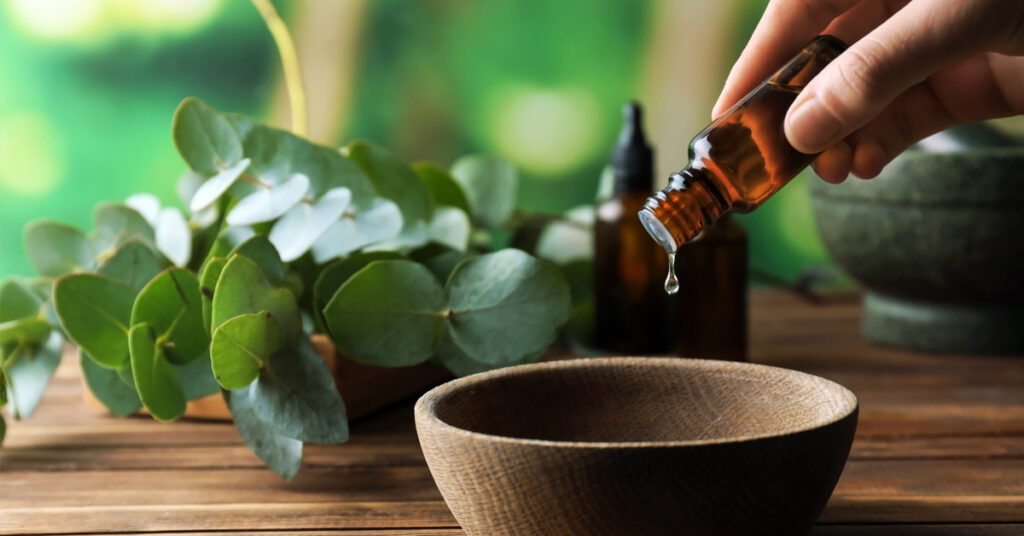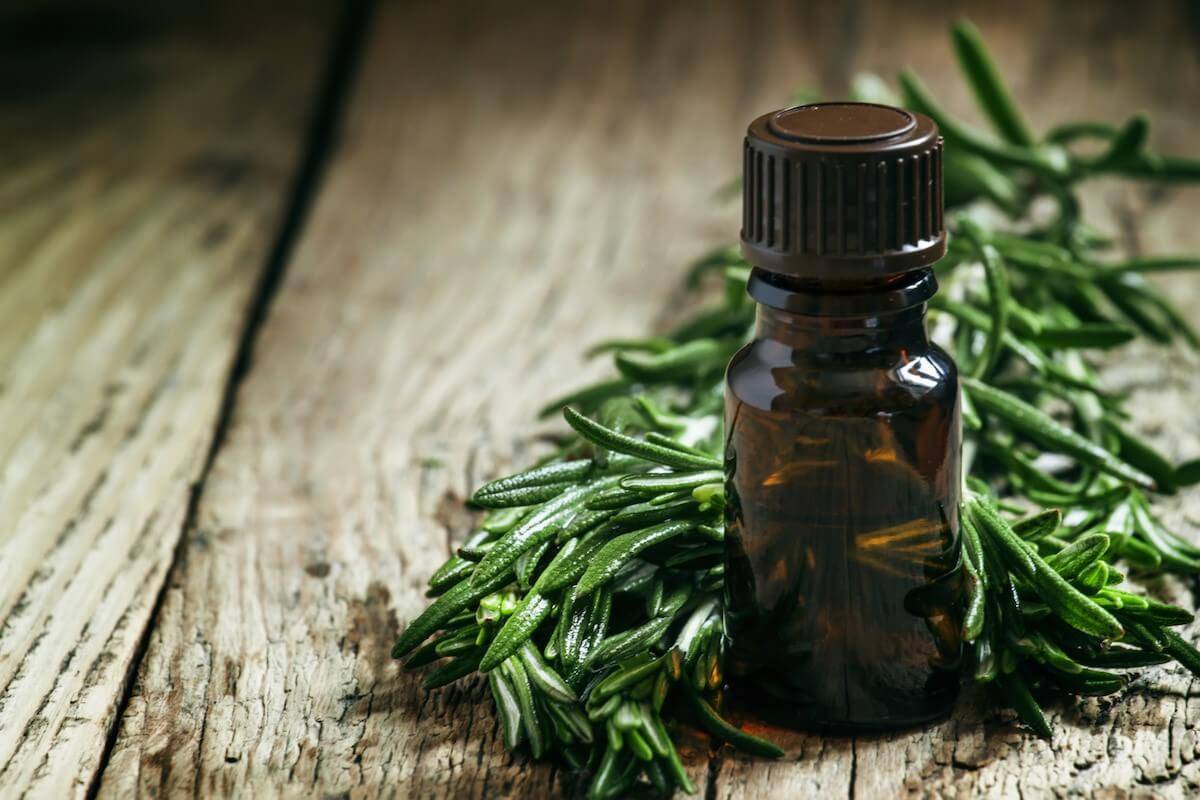Tea tree oil is one of the most well-known essential oils in the world, prized for its antimicrobial, anti-inflammatory, and healing properties. Derived from the leaves of the Australian Melaleuca alternifolia plant, tea tree oil has been used for centuries as a natural remedy — and modern science is starting to catch up with tradition.
But while this potent oil has many uses, it’s not without risks.
In this article, we’ll explore its benefits, when and how to use it (indications), and when you should be cautious (contraindications).
What Are the Benefits of Tea Tree Oil?
Tea tree oil contains over 100 active compounds, with terpinen-4-ol being the most prominent. This compound is largely responsible for its therapeutic effects.
1. Antibacterial
- Kills or inhibits bacteria like Staphylococcus aureus and E. coli
- Often used to disinfect minor wounds and acne-prone skin
2. Antifungal
- Effective against fungal infections such as athlete’s foot, ringworm, and nail fungus
3. Antiviral
- May help reduce symptoms of viral infections like cold sores (when applied topically)
4. Anti-inflammatory
- Reduces redness, swelling, and irritation — useful in skin conditions like eczema and psoriasis
5. Antiseptic & Wound Healing
- Helps disinfect and accelerate healing of cuts, burns, and insect bites
6. Deodorizing
- Natural alternative to chemical deodorants due to its bacteria-killing properties
7. Insect Repellent
- Effective in repelling mosquitoes, lice, and other pests
Indications: How to Use Tea Tree Oil
Tea tree oil is typically used topically and should never be ingested, as it is toxic when swallowed.
Here are some common indications:
Skin Care
- Acne: Diluted tea tree oil (5%) applied to pimples can reduce inflammation and bacteria
- Oily skin: Helps regulate sebum production
- Minor cuts & scrapes: Acts as a natural antiseptic
Fungal Infections
- Apply diluted oil to nail fungus, athlete’s foot, or ringworm daily
Bug Bites & Stings
- Soothes itching, reduces swelling, and disinfects the area
Hair & Scalp
- Dandruff: Add a few drops to shampoo
- Lice: Combined with carrier oils like coconut oil to treat lice infestations
Household Uses
- Can be used as a natural disinfectant spray when mixed with vinegar or water
- Added to laundry to kill germs and odor
⚠️ Contraindications and Warnings
Despite its natural origin, tea tree oil is highly concentrated and can cause adverse reactions if misused.
Do Not Ingest
- Tea tree oil is toxic when swallowed — it can cause dizziness, confusion, and even coma
Do Not Use Undiluted on Skin
- Always dilute with a carrier oil (like coconut, jojoba, or olive oil)
- Suggested ratio: 1–2 drops of tea tree oil per 1 teaspoon of carrier oil
Allergy Risk
- Patch test before first use — some people experience contact dermatitis, redness, or irritation
- Avoid if you have a known allergy to eucalyptus or other essential oils
Not Recommended for Young Children or Pets
- Tea tree oil can be toxic to dogs, cats, and young children — consult a doctor or vet before use
Pregnancy and Breastfeeding
- While not conclusively proven harmful, tea tree oil should be used with caution and only under medical advice during pregnancy and lactation
Safe Usage Tips
✅ Always dilute before applying to skin
✅ Store in a dark, glass bottle away from heat
✅ Use sparingly — a little goes a long way
✅ Consult a healthcare provider for chronic conditions

Tea tree oil is a powerful natural remedy with proven antibacterial, antifungal, and anti-inflammatory properties. It can be highly effective for acne, skin infections, dandruff, and minor wounds — but it must be used with care.
| ✅ Good For | ❌ Avoid When |
|---|---|
| Acne & oily skin | You’re allergic to essential oils |
| Fungal infections | Using on babies or pets |
| Dandruff & lice | Swallowing (toxic!) |
| Cuts, bites, and minor burns | Using undiluted on sensitive skin |
With proper dilution and responsible use, tea tree oil can be a versatile addition to your natural health toolkit.

